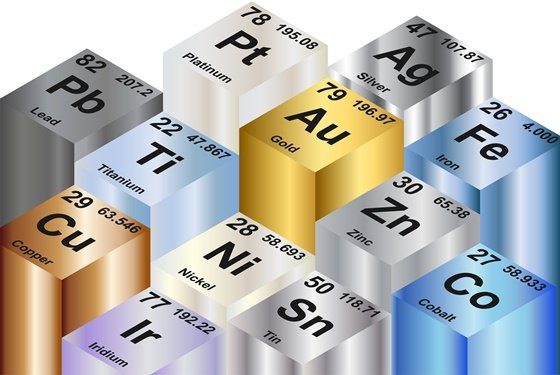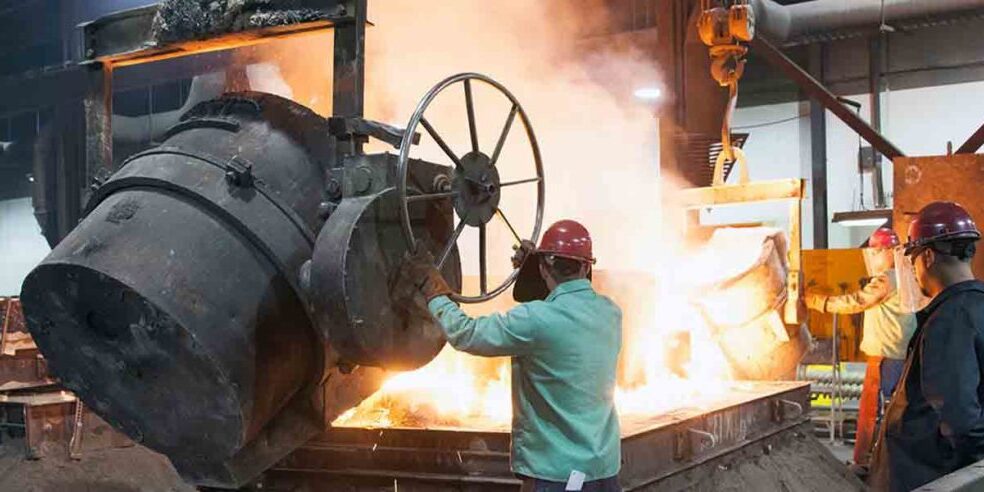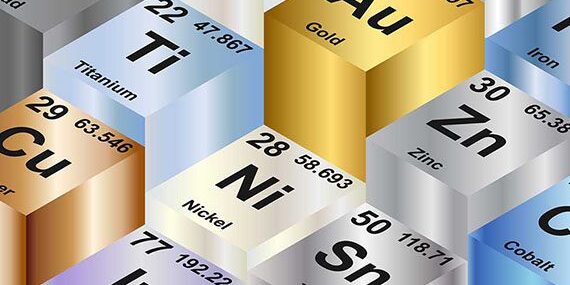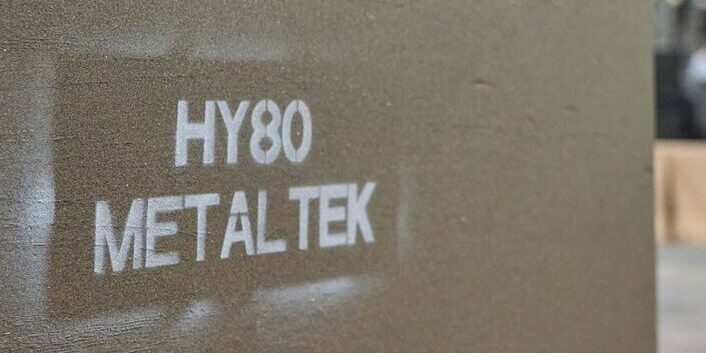Blog Heat Resistant Stainless Steel Material Profiles:Part 1
November 30, 2020
By: Dave Olsen

Grade
- MTEK 20-10 (J92603 / HF) Heat Resistant Stainless Steel
Description
- Economical heat resistant grade containing enough chromium and nickel for good resistance to oxidation.
Properties – Why select this material
- Economical heat resistant grade
- Service limit 1600°F / 870°C
Applications – Frequent uses
- Convection tube sheets
- Return bends
- Burner tips
- Gas burner rings
Grade
- MTEK 25-12 TYPE II (J93303 / HH TYPE II) Heat Resistant Stainless Steel
Description
- This stable austenitic alloy contains enough chromium for scaling resistance at high temperatures.
Properties – Why select this material
- Suitable for a wide range of high temperature applications
- Service limit 1800°F / 980°C
Applications – Frequent uses
- Convection tube supports
Grade
- MTEK HK40 (J92404 / HK40) Heat Resistant Stainless Steel
Description
- A chrome-nickel grade suitable for low stress reformer applications.
Properties – Why select this material
- Increased levels of silicon provide improved carburization resistance
- Service limit 1875°F / 1020°C
Applications – Frequent uses
- Catalyst tubes
- Heat treating furnace components
- Hearth rollers
- Coating furnace rolls
- Ethylene cracking furnace coils
Grade
- MTEK 24-24Nb Heat Resistant Stainless Steel
Description
- Heat resistant alloy with improved stress rupture properties compared to HK-40.
Properties – Why select this material
- Permits use of thinner sections and/or higher operating temperatures under the same loads than HK
- Service limit 1875°F / 1020°C
Applications – Frequent uses
- Catalyst tubes
- Ethylene cracking furnace coils
Grade
- MTEK 25-35 (N08705 / J95705 / HP) Heat Resistant Stainless Steel
Description
- This is an extension of HK alloys with 15% added nickel content.
Properties – Why select this material
- Increased strength at elevated temperatures
- Service limit 1925°F / 1050°C
Applications – Frequent uses
- Catalyst tubes
- Ethylene cracking furnace coils
Grade
- MTEK 25-35Nb (HP Modified / HP Nb) Heat Resistant Stainless Steel
Description
- High temperature alloy with improved stress rupture properties and carburization resistance.
Properties – Why select this material
- The addition of niobium improves stress rupture strength through the formation of niobium containing carbides that are more stable at higher temperatures
- The presence of niobium improves carburization resistance, but lowers ductility
- Service limit 2010°F / 1100°C
Applications – Frequent uses
- Hydrogen reformer furnaces
- Ethylene cracking furnace
Grade
- MTEK 25-35LC (HP Modified Low C) Heat Resistant Stainless Steel
Description
- Low Carbon version of HP Modified petrochemical furnace alloy.
Properties – Why select this material
- Low carbon version of this alloy offers increased ductility
- Improved repair ability over 25-35Nb
- Service limit 1925°F / 1050°C
Applications – Frequent uses
- Pyrolysis furnace sweep bends
- Reformer furnace outlet manifolds
Grade
- MTEK 25-35MA (HP Micro Alloy) Heat Resistant Stainless Steel
Description
- Micro-alloyed HP material with small additions of titanium and rare earth elements.
Properties – Why select this material
- The addition of the micro alloys supports high temperature stability
- The material combination forms especially tenacious oxide films that reduce surface oxidation
- Service limit 2100°F / 1150°C
Applications – Frequent uses
- Pyrolysis furnace sweep bends
- Reformer furnace outlet manifolds
For guidance in selecting the appropriate alloy in your application, contact us.
Have questions?
Download Our Alloy Guide
Download Our Where Used Guide
Related Blogs
MetalTek’s Carondelet Division Certified to Produce HY-80 Steel
MetalTek's Carondelet Division is excited to announce that we achieved certification to produce HY-80 steel. HY-80 is a...



